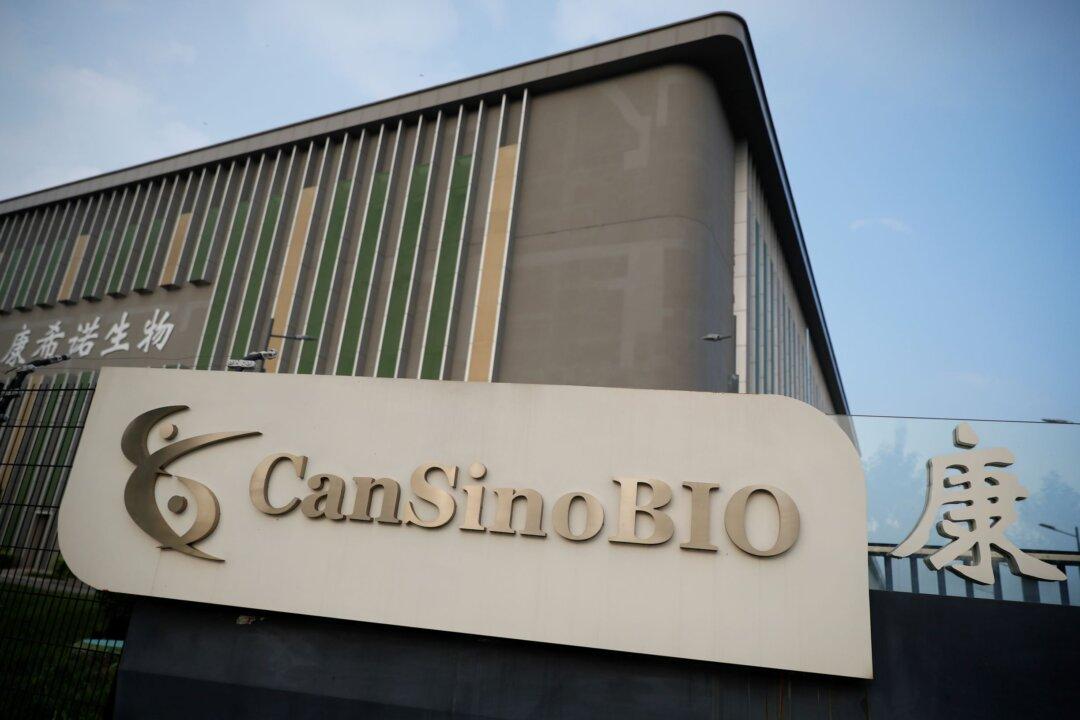The federal government’s insistence on partnering with a Chinese vaccine company in the early stages of the pandemic led to a nearly two-year delay in producing a Canada-made vaccine, according to a new report.
The Canadian government waited months for a COVID-19 vaccine sample to arrive from China that never materialized, and wasted millions upgrading a facility that has never produced any vaccines, according to government documents obtained by CBC’s The Fifth Estate.





